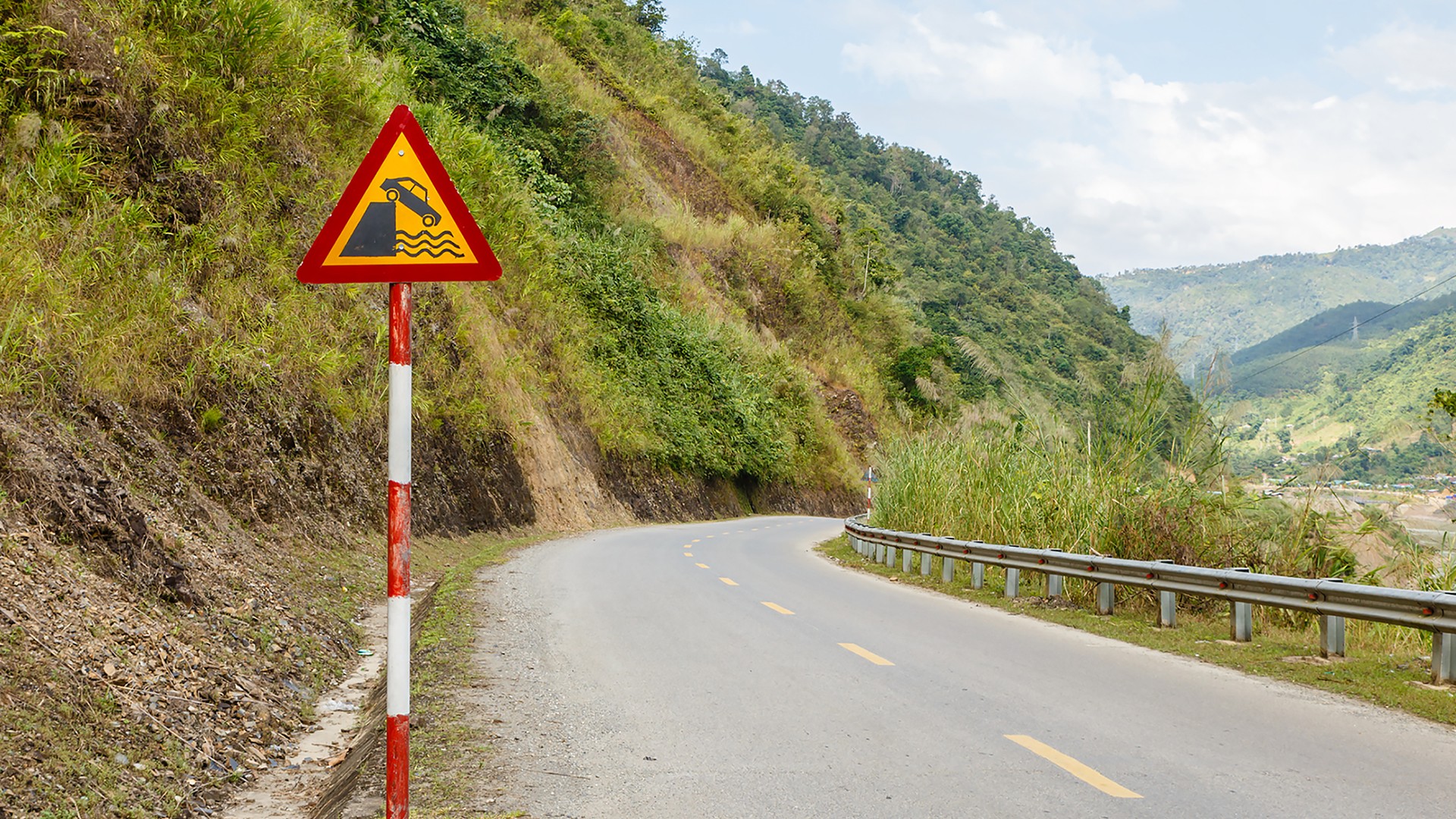
Impact
The economics of the ‘new normal’
How will life and markets evolve after COVID-19? The 66th edition of the Equity Gilt Study from Barclays Research provides vital expertise on the current macroeconomic landscape and examines how markets and society could evolve after the pandemic.
As market movements, geopolitical developments and sector disruptions move rapidly around the globe, investors need deep analysis and differentiated perspectives in real time.
The latest Equity Gilt Study from Barclays Research offers fresh insights from the bank’s economists, strategists and analysts on how the pandemic will shape the future of both markets and wider society – from the unwinding of the stimulus programmes put in place in response to COVID-19 to the ways employers and employees will navigate the new world of work.
From the changing nature of work to the future of global mobility, this timely, authoritative study shines a light on some of the major trends reshaping the world as we begin to emerge from the pandemic.
Barclays Group CEO

The latest edition of the flagship annual report offers an updated and in-depth look at the long-term changes caused by the pandemic – over a year since it began.
Key Chapters

Monetary and fiscal policy
Barclays economists explore the risks of a disorderly unwinding of the extraordinary stimulus programmes put in place in the US and euro area during the pandemic. Inflation spikes and elevated debt loads could test policymakers’ credibility as they navigate the trade-offs between supporting growth and preventing economies from overheating.

Debt sustainability
Barclays strategists consider where debt loads will have the biggest effect, arguing that they matter more in some countries than others. They see low-growth, high-rate emerging market economies such as Brazil, Turkey and Peru as especially vulnerable to credit events over the next decade.

Restrictions on mobility
Analysts assess how the virus and its variants have impaired frictionless movement across international borders and how semi-permanent restrictions such as testing requirements and vaccine passports could lead global mobility to contract. Domestic tourism, on the other hand, could benefit.

New world of work
As employers and employees shift to more flexible models, the bank’s experts weigh the implications for real estate and retail. The report finds that demand for offices could drop by up to 20%, while the residential property market will likely be buoyed for years to come.
The Equity Gilt Study has provided uniquely rich data, analysis and commentary on long-term asset returns in the UK and US since 1956 – with UK data dating from 1899 and US data going back to 1925.
Jeff Meli, Global Head of Research, said the report sheds light on how the pandemic has permanently altered global mobility and office working, posing new dilemmas for policymakers in both developed and emerging markets, as they seek to balance the need to support growth whilst keeping inflation in check.
